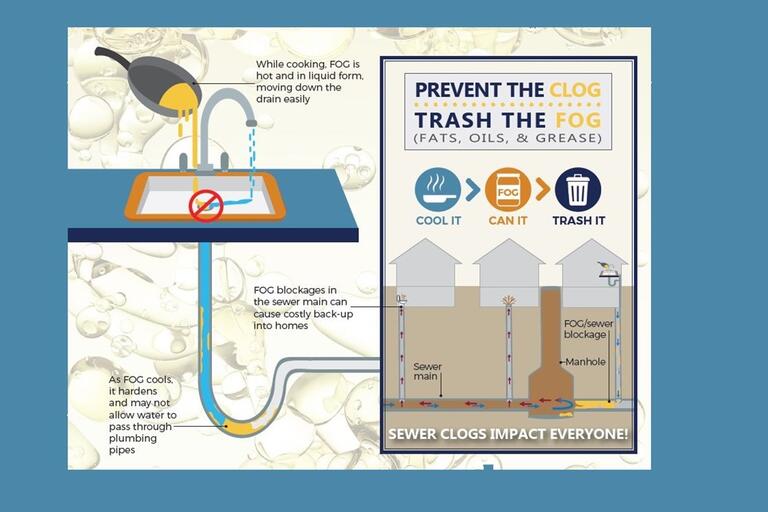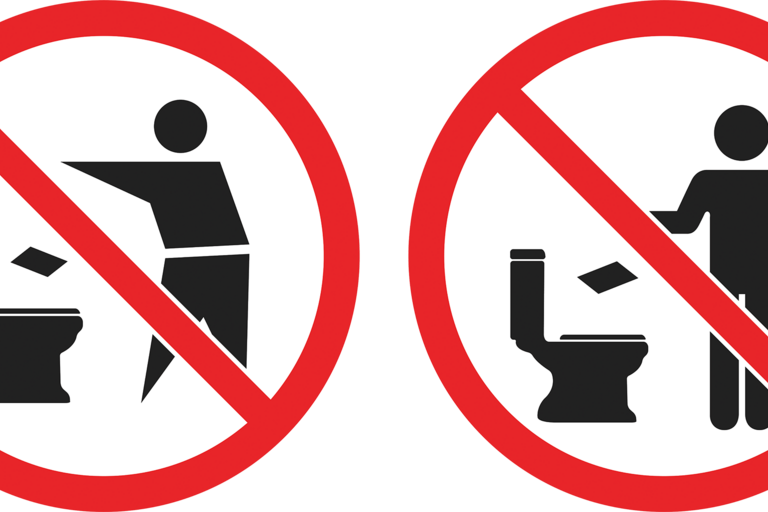Help Prevent Sewer Backups and Overflow
Sewer Overflow Protection is a shared responsibility. Everyone can be a potential contributor to sewer problems and a potential victim of those problems. To help keep the campus, the Bay and the environment clean for the health and enjoyment of all, residents, employees, and sewer agencies must do their part to prevent and reduce the risk of a sewer overflow.





